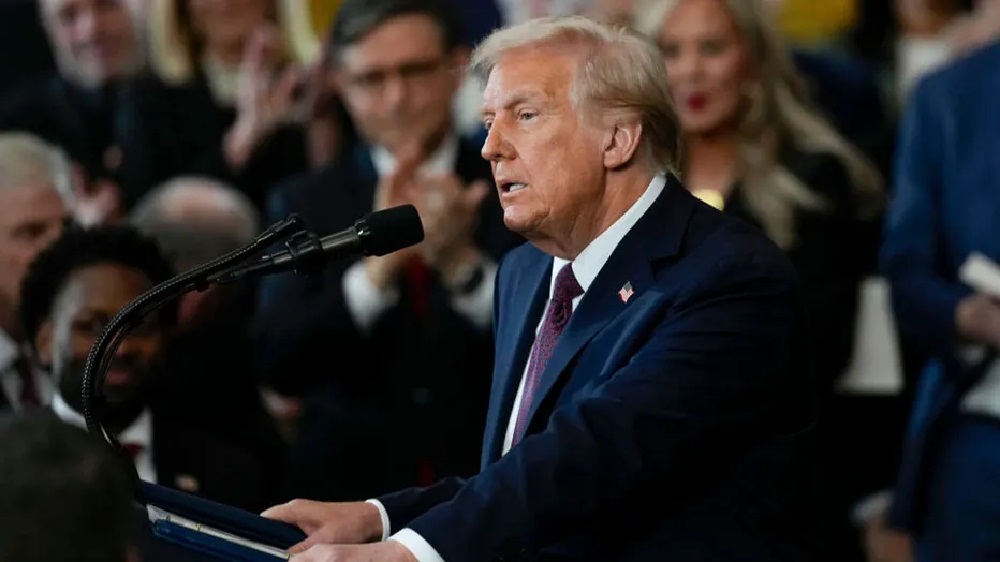In a move aimed at celebrating “American greatness,” U.S. President Donald Trump issued an executive order officially renaming the Gulf of Mexico to the Gulf of America.
The decision, announced by the U.S. Department of Homeland Security, is part of a broader effort to rename geographical landmarks in honor of U.S. history.
The change sparked immediate debate. While Trump had mentioned his intention to rename the Gulf during his inauguration speech, many critics argue the move disregards historical and international significance.
Mexico, which has long shared the Gulf’s name, expressed strong opposition.
Mexican President Claudia Sheinbaum humorously responded, suggesting the U.S. rename itself as “America Mexicana.”
Her remarks underlined the absurdity of altering names with established historical importance.
“The name ‘Gulf of Mexico’ has been in use for centuries. It is a landmark in global navigation,” said a statement from Mexico’s foreign ministry.
This isn’t the only controversial name change under Trump’s administration.
The Alaskan mountain officially renamed Denali in 2015, honoring its native heritage, has been changed back to Mount McKinley, in memory of the 25th U.S. president who was assassinated in 1901.
While the U.S. government has moved forward with these renaming efforts, experts question their international recognition.
Most global maps and navigation systems are expected to retain “Gulf of Mexico” due to its universal usage and historical relevance.
Trump’s supporters view the changes as a symbolic assertion of American identity and pride.
Critics, however, describe the move as unnecessary and provocative, potentially straining diplomatic relations with neighboring countries.
For now, it remains uncertain whether the new names will gain traction outside U.S. borders.
But one thing is clear—the renaming effort has added another chapter to the ongoing debate over nationalism and cultural heritage.

